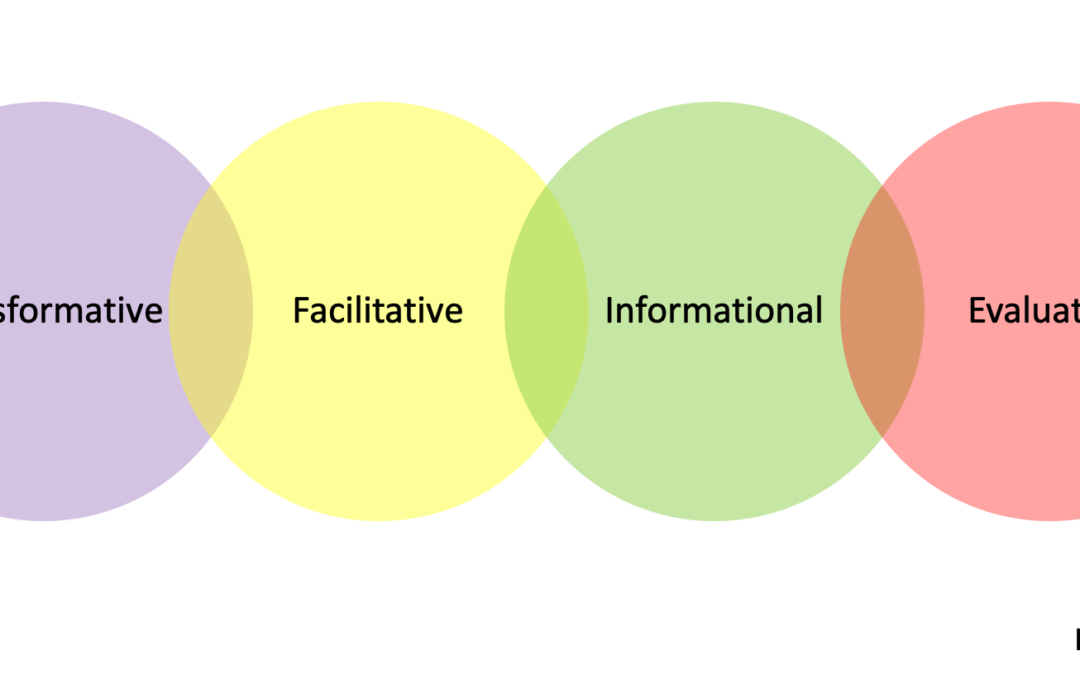Mediation is a form of conflict resolution that involves a neutral third-party mediator who helps disputing parties reach a mutually acceptable agreement. The four different mediation styles range from less intervention to more intervention. They are transformative, facilitative, informative, and evaluative. Each style has its own unique advantages and disadvantages. In this blog post, we will explore the pros and cons of each style.
Transformative Mediation
Transformative mediation focuses on empowering the parties to make their own decisions by improving communication and understanding between them. This style is often used in cases where there is a high level of emotional intensity or when the relationship between the parties needs to be preserved. This style involves the least amount of mediator intervention.
Pros
- Parties have more control over the outcome.
- Parties may experience personal growth as they learn how to communicate more effectively.
- The relationship between the parties can be preserved or even strengthened.
Cons
- The process can take longer since it focuses on underlying issues rather than just resolving specific disputes.
- It may not be effective for cases where there are power imbalances or when one party is unwilling to participate fully.
Facilitative Mediation
Facilitative mediation focuses on helping the parties identify their common interests and work towards finding solutions that meet everyone’s needs. The mediator controls the process but does not offer any opinions or suggestions. While allowing for more intervention than transformative mediation, this style affords less intervention than than informative or evaluative.
Pros
- Parties have more control over the outcome.
- The focus on common interests can lead to creative solutions that benefit both parties.
- Facilitative mediation can be less expensive than other styles since it requires fewer resources.
Cons
- It may not be effective for cases where one party has significantly more power than the other.
- Disputes that require legal expertise may not be resolved fully through facilitative mediation alone.
Informative Mediation
Informative mediation involves a mediator who provides information about legal rights and responsibilities to help parties make informed decisions about how to resolve their dispute. Practitioners often use this style in cases involving complex legal issues. It provides less intervention than evaluative mediation but more than the other two mediation styles.
Pros
- Parties have access to expert knowledge to help them make informed decisions.
- Legal complexities can be addressed without going through a formal legal process.
- Informative mediation can save time and money compared to going through formal legal channels.
Cons
- Parties have less control over the outcome because they rely on expert knowledge rather than negotiating directly with each other.
- It may not address underlying emotional issues that are contributing to the dispute.
Evaluative Mediation
Affording the most mediator intervention of all the mediation styles, evaluative mediation involves a mediator who offers opinions or suggestions based on their expertise in law or other relevant fields. This style is often used in cases where there is little chance of reaching an agreement without outside input. The favorite mediation style of retired judges, professionals often used evaluative mediation in court facilitated settlement conferences.
Pros
- Parties receive expert guidance that can lead to efficient resolution of disputes.
- Evaluations can provide clarity on complex legal issues.
- This style may result in faster resolutions compared to other styles since it relies on expert opinions rather than lengthy negotiations.
Cons
- It may feel less collaborative because the mediator may have more influence over the outcome due to their expertise.
- There is a risk that one party may feel pressured into accepting an outcome they do not agree with due to deference given to expert opinion.
In conclusion, each style of mediation has its own unique advantages and disadvantages.
When choosing which style of mediation fits best for your situation, do consider factors such as power imbalances, emotional intensity, complexity of legal issues, desired level of control over outcomes, cost considerations, and potential for personal growth. By being aware of these factors and weighing them against your goals for resolution, you will be better equipped to choose a style of mediation that works best for you.
Want to settle more cases?
Call Weber Dispute Resolution today
at 858-410-0144 to schedule a
Private Settlement Conference.

